Technology & Licensing
Merrell Bros. is currently bringing two exciting, proprietary biosolids treatment technologies to market all over the United States; Solar-Thermal Pasteurization and Double-Drum Drying. In our 40 years’ experience in the biosolids industry, we have seen nearly every Class A and Class B treatment technology on the market. Several years ago, we set out on a mission to help municipalities across the country by developing alternative options for waste solid management, treatment and marketing. The solutions we have created are forward thinking and a hedge against rising transportation and disposal costs. The two technologies (Solar-Thermal Pasteurization & Double-Drum Drying) provide energy-efficient methods to achieve significant volume reduction in Class A treatment levels.
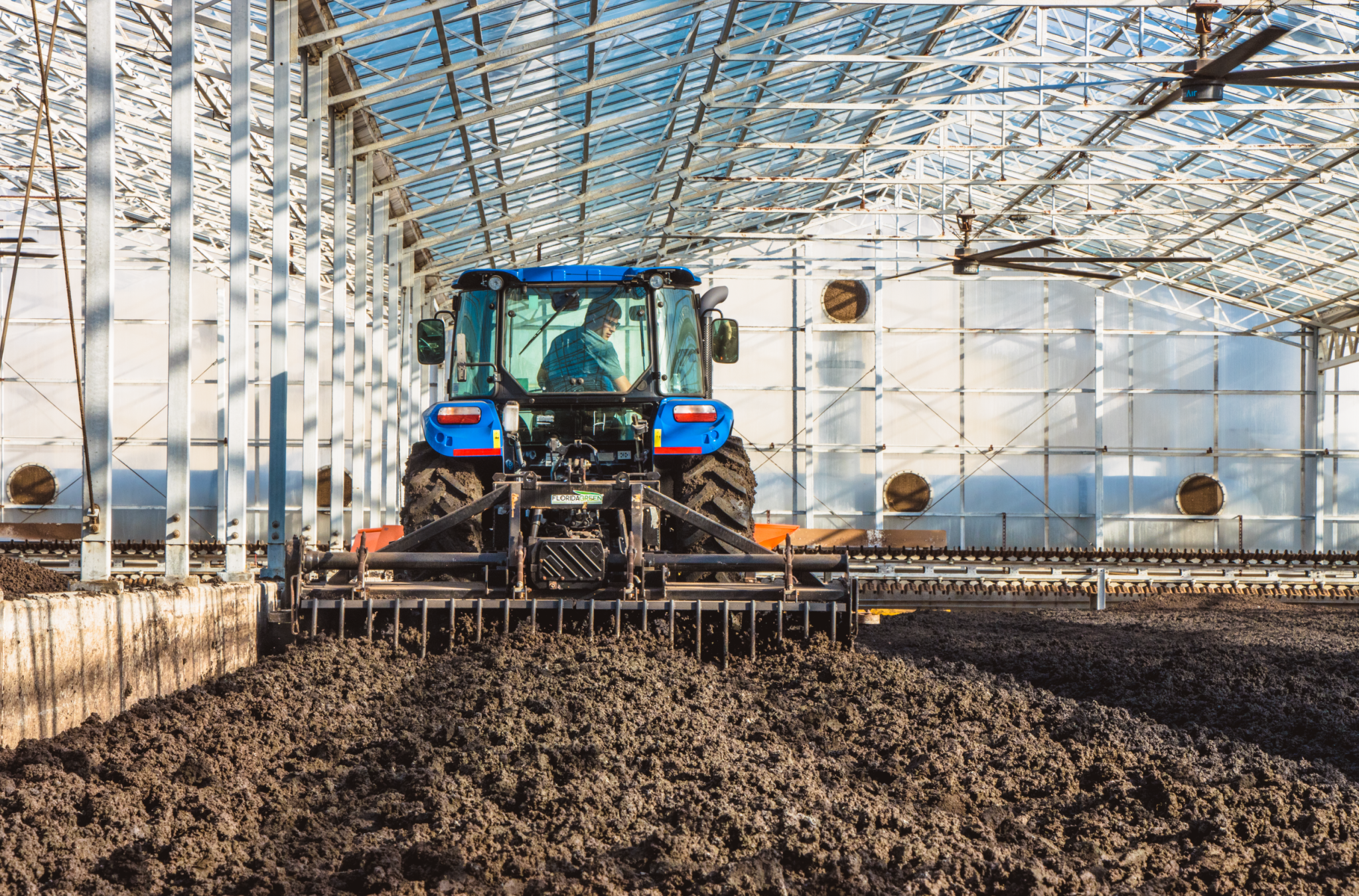
Solar-Thermal Pasteurization
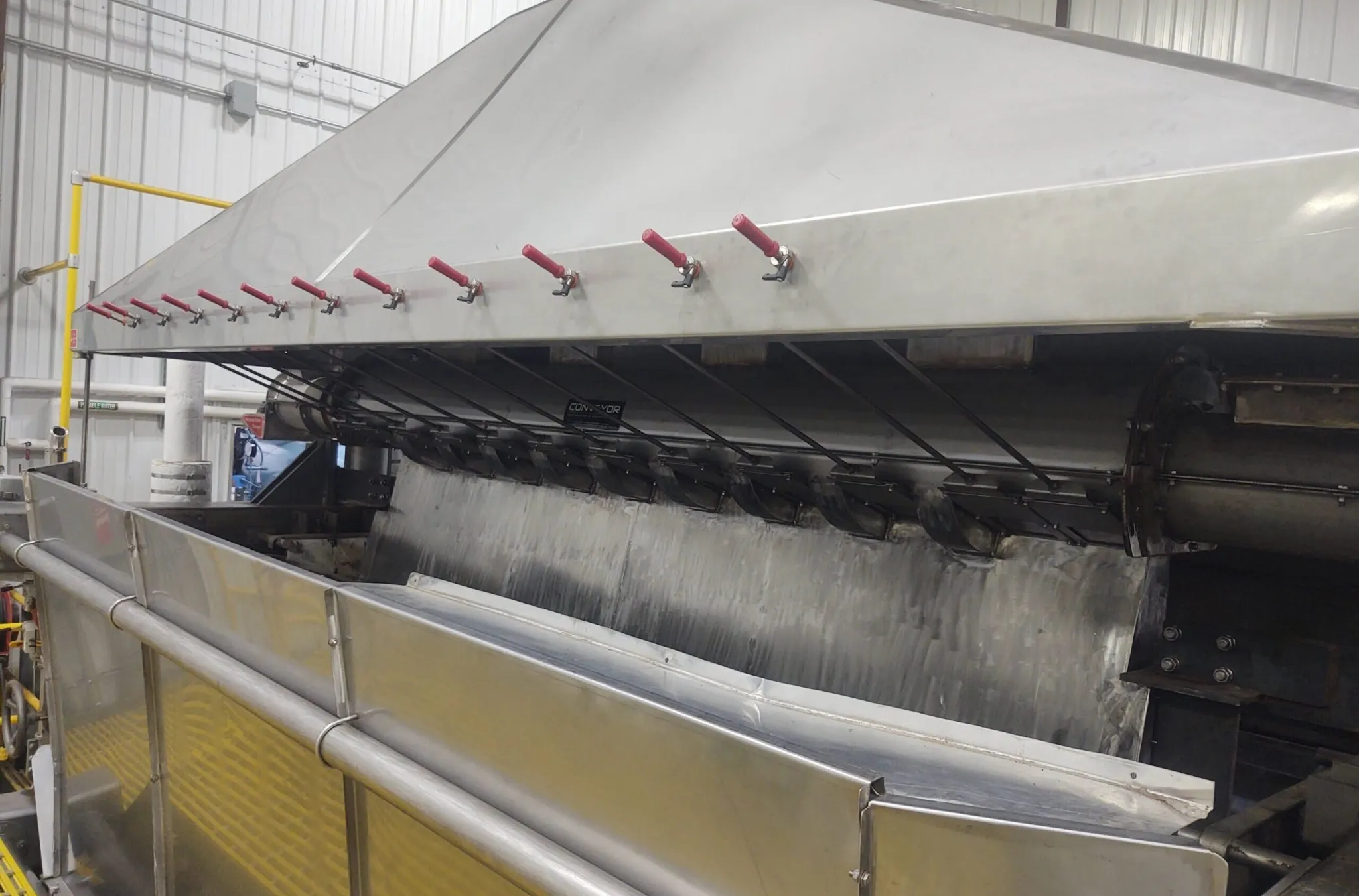
Double-Drum Drying
Solar-Thermal Pasteurization
Solar-Thermal Pasteurization combines greenhouse technology & oven/belt drying to achieve a Class A product called FloridaGreen. Greenhouses are effective in removing moisture from biosolids when conditions are controlled. To control the conditions, we fully enclosed our greenhouses (also called pods) and placed ceiling fans inside to stir the air. As we dry the material, we lay it across the floor in the greenhouses and we agitate the material with a tractor and a rotary tiller. The rotary tiller takes the dry, crusted material on the surface and rolls it underneath the wetter, moister material. We stir the biosolids once a day.
The material is transferred from the greenhouses to our processing building with a belt conveyor system. It drops into a stainless-steel hopper. From the hopper, it is conveyed to the top of the oven to begin the process of pasteurization. Material is placed on the top oven belt, called the “Heat Up Chamber.” Making the transition to the lower pasteurization chamber, has a similar approach to the Heat Up Chamber. The difference is the belt speed will not go faster than 30 minutes from placement to discharge. This allows us to ensure the material reaches pasteurization requirements. Throughout the belt, temperature probes are reading the internal temperature of the material, ensuring it is above 158 degrees Fahrenheit. Upon reaching the end of the belt, material is discharged on a conveyor belt, transferring pasteurized material to a covered fertilizer bunker. In this bunker we have the option to load directly into a trailer or store material for up to 21 days.
Double-Drum Drying
Double Drum drying is a rather new concept in the wastewater industry, but the idea has been around since the beginning of of the 1900’s. The Double Drum technology utilizes a boiler as a heat source – steam is piped through the two drums, bringing the surface temperature to around 300 degrees Fahrenheit. Dewatered biosolids are evenly conveyed on the drums. The nip, or the place where the two drums nearly touch, places the biosolids in a unique environment under temperature and pressure.
Following the nip, material adheres to the surface of the drum, making a ¾ rotation to the static scraper blade. As the material makes this rotation more moisture is driven off the drum, allowing for as much as 70% of moisture to be removed from the biosolids. The material produced can have the appearance of fish food or coffee grounds, dependent on the treatment process prior to being put through the Double Drum.
With a low bulk density, pelletization can be utilized with the Double Drum. Not only does pelletization increase the aesthetic and marketability of the product, but it also decreases transportation costs. Double Drum drying is an easy-to-operate, scalable technology when compared to other drying technologies.
Merrell Bros. has a small-scale unit that can be used as a pilot test for your business or municipality. Reach out to us with any questions!
Licensing
Flexible
The costs for technology licensing can be capitalized up front or paid on an annual basis.
Assistance
We’ll provide levels of assistance for your design and construction team. Assistance includes: facility layout, process flow, equipment and machinery selection, materials, review of design and construction submittals.
Operation
We can mobilize staff on-site to share experience with efficient operation of the technology and adapt operation and maintenance literature to your unique facility.
Marketing
We can develop a marketing plan that includes outlets, pelletization and retail bagging.
Permitting
Merrell Bros. has experience with treatment technology regulatory approval, marketing and distribution schemes and state registration of Class A biosolids as fertilizer.
The licensing follows the life of the facility and includes 20 years of annual support and improvements to the technology.
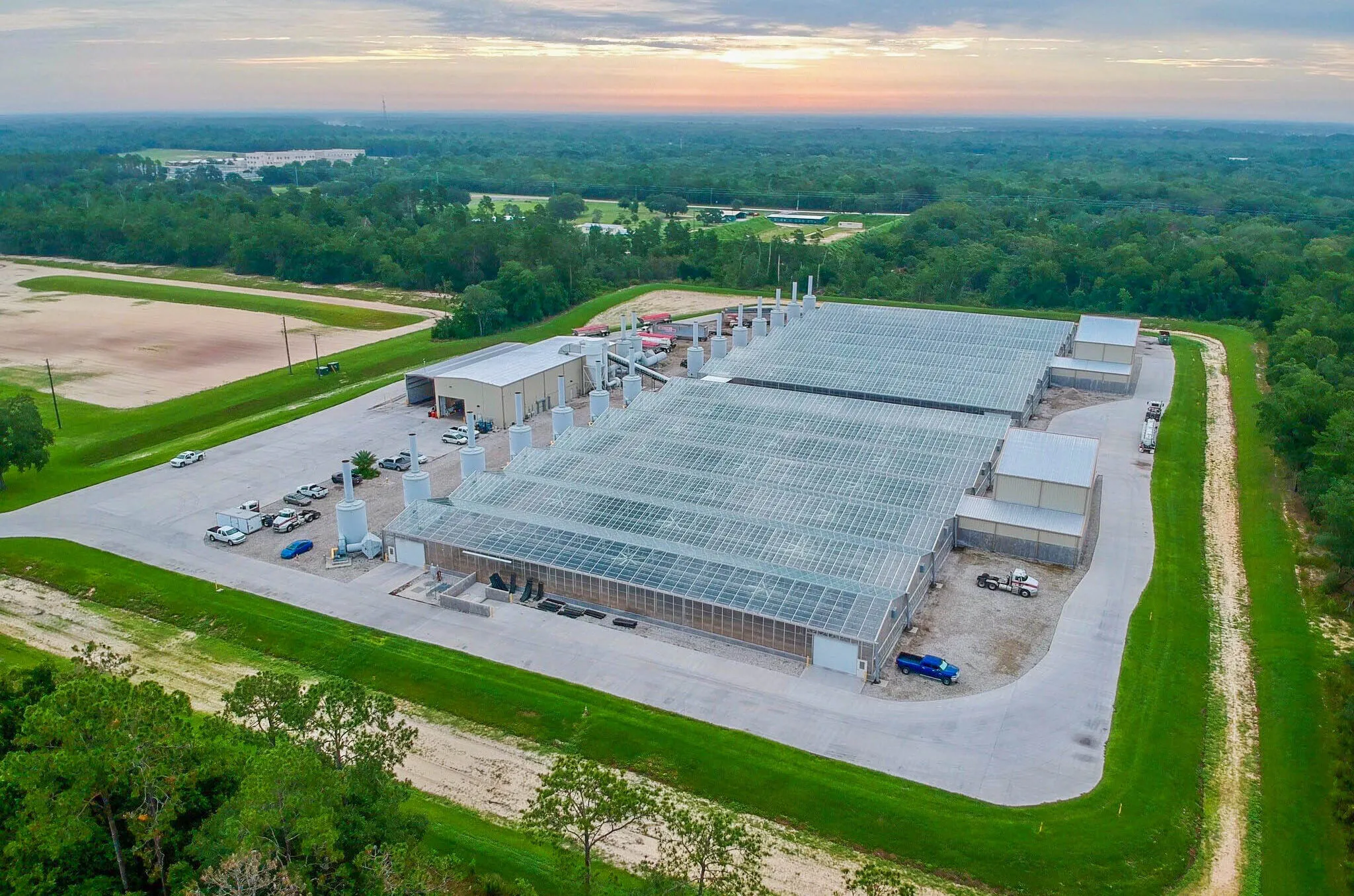
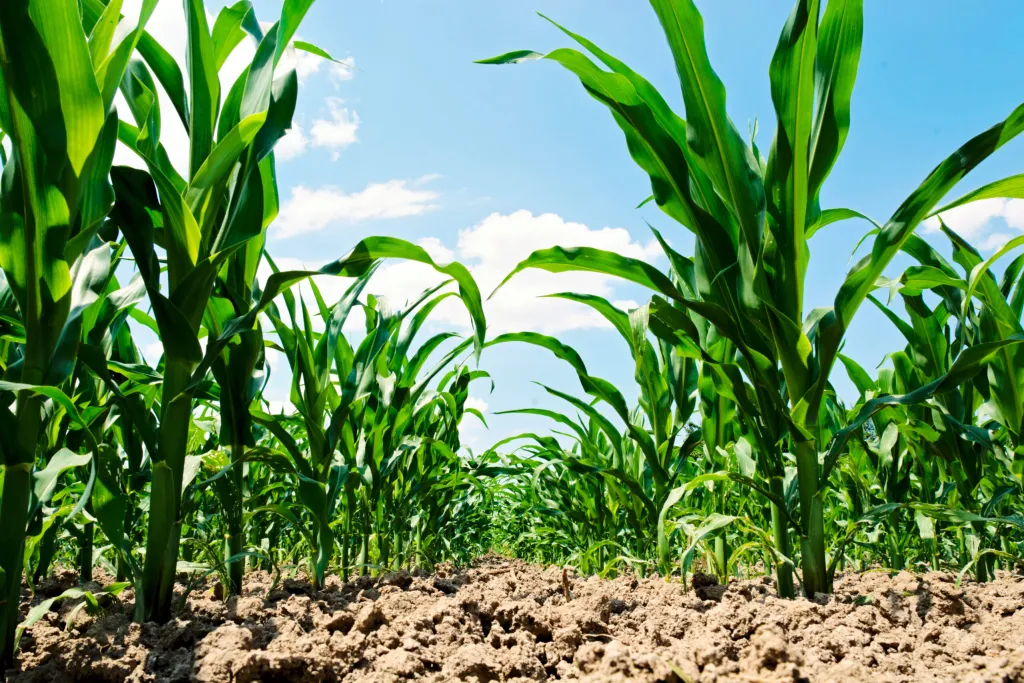
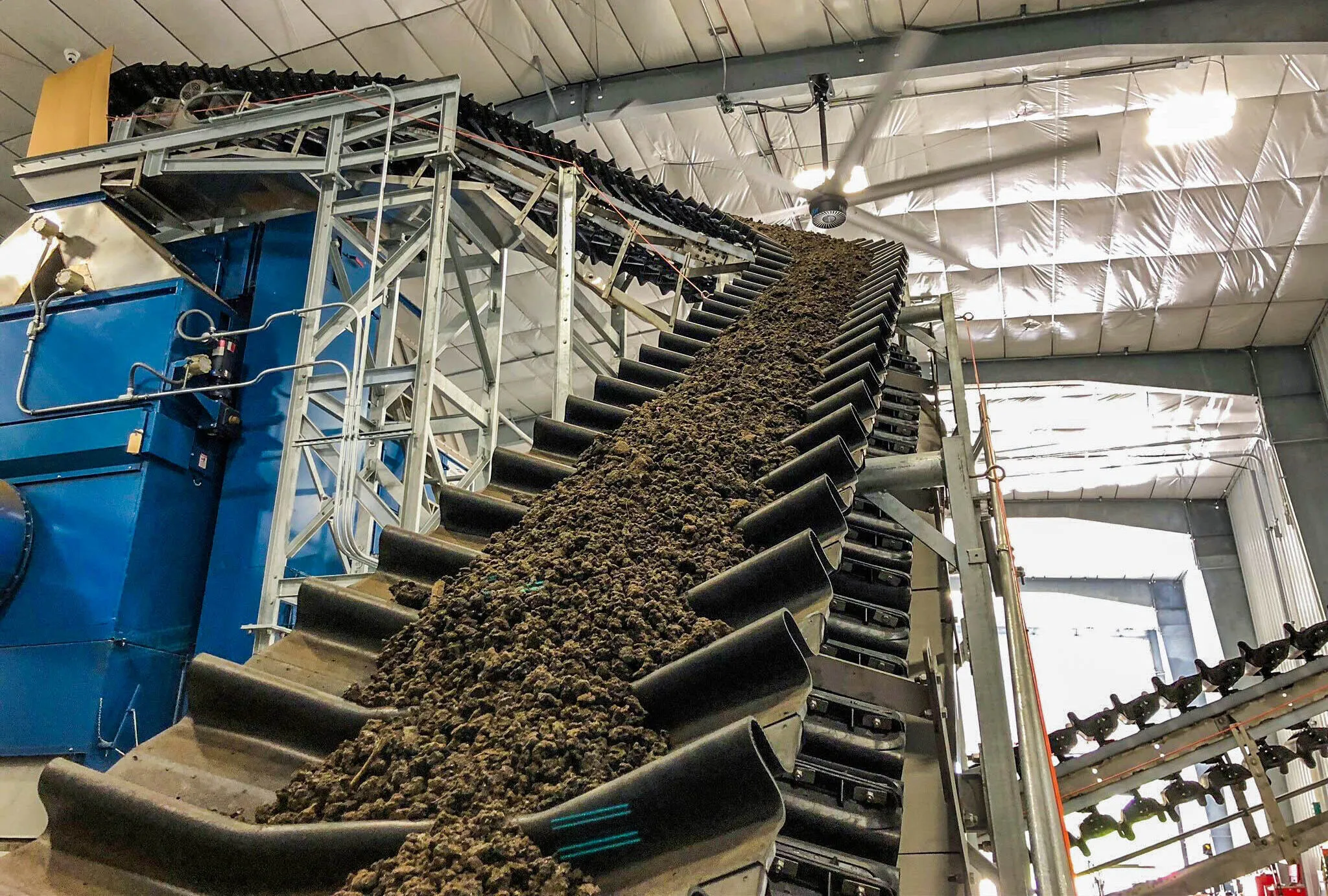
These services (or systems/processes/technologies) incorporate proprietary technologies protected by one or more patents or pending patent applications. View our Patents.
